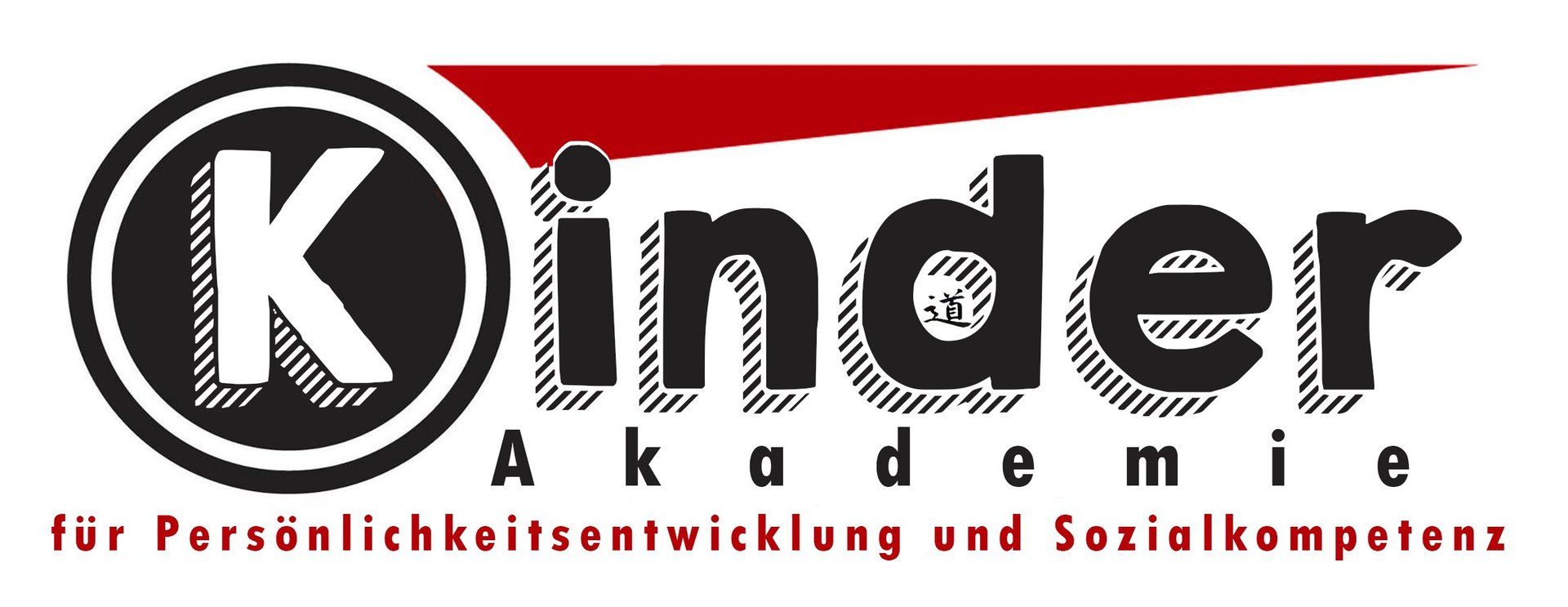Movement for children - Why?
Movement is an elementary component for the development of healthy children and therefore an important component in the OMNIS children's academy and sports school
First steps
Send us a message. We will contact you!
The number of people who are overweight, have cardiovascular diseases or suffer from back pain is constantly increasing. What does this have to do with your still young child, you ask? A LOT OF! There is increasing recognition that targeted exercise offers can prevent these diseases. But only those who have known movement from childhood and enjoy it will also give it space in adulthood and see it as part of a balanced lifestyle.
For an adult, physical exertion two to three times a week of around 60 minutes is considered sufficient. Children, on the other hand, need a daily load unit of at least (!) two hours to build up their organic functions.

Children's world is a world of movement – what children learn through movement
For most adults, health, fitness, and the desire to have a beautiful, fit body are important motives for moving and playing sports. For children, these attributes are not a driving force. They move for the simple reason that they want to experience joy, fun and pleasure while doing it. It is fundamentally human nature to move. Without this natural disposition, development from a dependent baby to an independent, self-confident and healthy adult personality is hardly possible. The movement experiences and the movement possibilities in the first 11 to 12 years of life are of particular importance. Movement can thus be seen as the basic principle of a life that develops physically, mentally and spiritually: without movement there is no life.
- A child spontaneously jumps for joy, runs, climbs, swings, jumps and rages; this leads to more and more (movement) security, independence and spatial exploration and thus environmental experience.
one-time trial lesson
1x free
Introductory day & trial martial arts lessons
This package includes:
- We give you the first LESSON for your start! Martial arts lessons (in person or virtually through Zoom) from 3 years
-
Help your child to be a happy and successful one - a win for themselves AND others. There are no losers!
-
Invest in your CHILD'S future!
Premium trial lesson
49 €
30 Day Super Kids Martial Arts Lessons
With every participation, we donate a tree to the Enterprise Forest Foundation
This package includes:
- 30 days of martial arts classes
(in person or virtually through Zoom) from 3 years
- A workbook PDF with a weekly life skills assignment
- A final exam, for the first belt, in which the kids show what they have learned in 30 days
- An oak tree in Germany
- As a bonus, there is our bullying booklet PDF to read with tips. A great tool to deal with bullying. (RRP €14.99)
-
Help your child to be happier and more successful - a win for themselves AND others. There are no losers!
Invest in your CHILD'S future!
- A chance to win cool prizes
The child's curiosity is great. This is something completely natural and an important part of its harmonious development. In the course of its differentiation, the brain is hungry for experience; it absorbs impressions easily and quickly learns to store them in memory as complex patterns. And how can children find out more about what is on offer than through sensually active engagement with their environment? Sensory experiences and body experiences are essential, for example, so that we can consciously experience our body and deal with it. Gathering body experiences includes:
Children need an environment they can touch, feel, hear, smell, move around in and gain experience in. The grasping for objects of all kinds, which they practice so often, becomes a “grasping” and grasping a “grasping”. This action is to be regarded as an important part of the development of knowledge, judgment and insight, i.e. of spiritual development. The experiences of "doing it yourself", "changing things yourself" in the game, "making your own decisions" - even if it takes several attempts to be successful - are essential for us to develop independently and self-confidently. It can be assumed that a sense of achievement in the area of movement contributes to greater confidence in one's own abilities.
- trying out different positions of the body and various types of locomotion (e.g. running, climbing, jumping, crawling, hopping, sliding).
- to test the body balance in different positions and on different surfaces (e.g. rocking, swinging, rolling, turning, hopping, balancing on narrow and unstable surfaces)
- to experience the body's limits through touch stimuli (e.g. tactile games) and movement in limited spaces (passing through and overcoming obstacles).
Children need an environment they can touch, feel, hear, smell, move around in and gain experience in. The grasping for objects of all kinds, which they practice so often, becomes a “grasping” and grasping a “grasping”. This action is to be regarded as an important part of the development of knowledge, judgment and insight, i.e. of spiritual development. The experiences of "doing it yourself", "changing things yourself" in the game, "making your own decisions" - even if it takes several attempts to be successful - are essential for us to develop independently and self-confidently. It can be assumed that a sense of achievement in the area of movement contributes to greater confidence in one's own abilities.










































































































